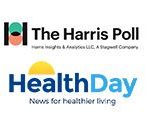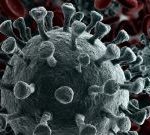
Homeless people are three times more likely to die after a heart attack than other patients, a new study finds. “Our study shows a dramatically higher rate of mortality after heart attacks in people experiencing homelessness compared to non-homeless patients,” said researcher Dr. Samantha Liauw of the University of Toronto. “More research is needed to discover the reasons for this disparity in outcomes so that the chances of survival can be improved in this vulnerable population.” Liauw and her colleagues compared more than 2,800 heart attack patients admitted to a Toronto hospital between 2008 and 2017. Of those, 75 were homeless. Among homeless patients, 19% died in the hospital, compared with 6% of others. Homeless patients were younger than others and more likely to be men. Eighty-four percent of homeless patients smoked compared to half of patients who were not homeless. Rates of high blood pressure, high cholesterol and diabetes were similar between the groups. Also, more homeless patients suffered from mental conditions. They were more likely than others to abuse alcohol and drugs and were more likely to suffer a serious complication of heart attack called cardiogenic shock that occurs when the heart cannot supply enough blood and oxygen to the brain and other vital organs. They were more likely than other patients to go into cardiac arrest. Both groups received medications, testing and… read on >

















